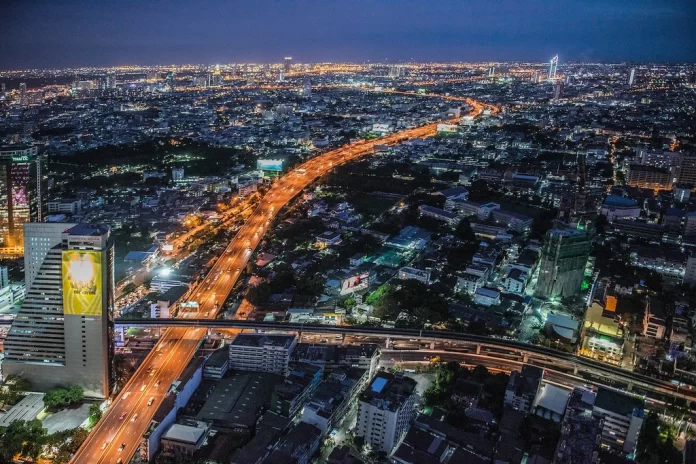Thailand will legalise casino gambling within three years, prompting a gold rush among international and regional operators, knowledgeable sources tell iGaming Business. Who stakes claims where depends on how Thailand draws its regulatory map, foreign gaming operators’ willingness to partner with Thai companies – and vice versa.
“Thailand will do ‘it’ but the question is what the ‘it’ will look like,” Destination Capital CEO James Kaplan says.
“Thailand has a once in a generation opportunity to become one of the most successful gaming jurisdictions in the world,” Spectrum Gaming Group managing director Frederic Gushin adds. Thailand’s status as a regional business hub and global tourist destination plus domestic appetite for gaming suggest Thai gaming could blossom into the Philippines on steroids.
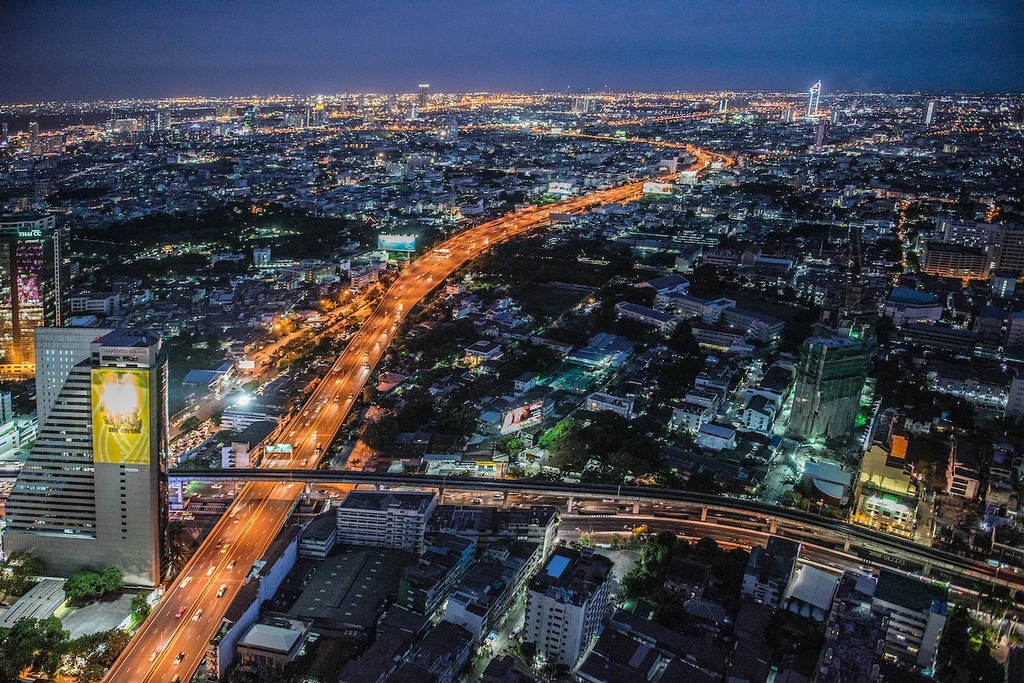
Obstacles include the regulatory environment as Thailand ranks 101st in Transparency International’s latest Corruption Perceptions Index. Opposition ranges from Buddhist clergy to underground casino stakeholders and political tumult with the most popular party excluded from government.
Rock and rollers
Hard Rock International is “absolutely interested” in a multi-billion dollar Thailand integrated resort, Hard Rock Asia president Edward Tracy tells iGaming Business. The Native American-owned operator can expect plenty of company.
Las Vegas Sands founder Sheldon Adelson expressed enthusiasm for Thailand during a 2005 CNN interview. By 2010, a source says Sands had presented IR drawings to top government officials. It had also engaged local representation as Thailand sporadically flirted with casino legalisation.
During this January’s earnings call Adelson’s successor, Sands chairman and CEO Robert Goldstein, said: “We’re certainly looking hard at Thailand and we’d love to have a presence in the future.”
“Galaxy Entertainment Group remains focused on our development in Macau. At the same time, we will look at overseas opportunities on a case by case basis,” GEG executive vice-president Buddy Lam says. “We believe [Thailand] will draw a lot of attention if it decides to open for IR development.”
Odds favour this latest Thai legalisation effort. “The key difference is we live in different times,” Bangkok-based Kaplan says. “Public debt is now 58% of GDP. Government needs to raise revenue to pay this down.” He adds: “Thailand has casinos at all its borders and the government can capture this money leakage and tax it by having legalised and regulated casinos in Thailand.”
Perhaps most crucially, King Bhumibol Adulyadej, a staunch casino opponent, died in 2016. Recent polling shows most Thais open to casino legalisation. “Everyone on all fronts supports it, including the all important support of the [current] king and the Thais themselves,” EuroPacificAsia managing partner Shaun McCamley says.
Complex entertainment
A parliamentary study of casinos released in January proposes up to five “entertainment complexes”. This would be similar to IRs in Singapore and Macau. Primarily aiming to generate tax revenue, complexes would feature casinos, hotels, shopping, convention facilities and other amenities. The document also signals potential sports betting and online gaming.
“The tourism offering needs to be energised with appeal for broader markets with more spending power, particularly as the Chinese traveller has not returned anywhere near pre-pandemic levels,” Kaplan says.
In 2019, Thailand’s visitor arrivals hit a record 39.8 million, nearly 11 million of them from China. Visitor expenditures accounted for 12% of GDP. But even then growth was decelerating in both categories.
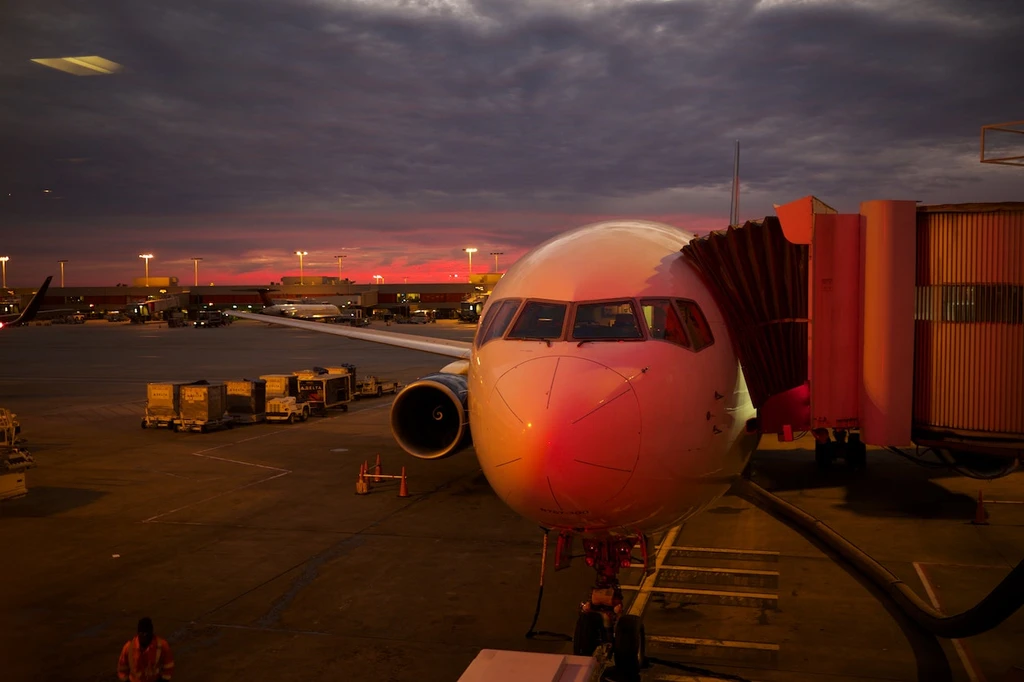
Conventional wisdom
“They’re very interested in boosting tourism, expanding the convention market,” Tracy says. “It’s getting more and more difficult in the convention markets if you don’t have an IR and you don’t have a casino to fund up these expensive convention facilities and hotel.”
Tracy cites Hard Rock studies finding convention-based IRs would be viable for metropolitan Bangkok and resort island Phuket in southern Thailand. The former Sands China COO estimates a Bangkok IR budget in the US$3.5bn-$6bn range, with US$1.5bn-$2.5bn for Phuket.
“There’s enough hotel rooms, if you can get people to work together, that you can derive some fairly good-sized conventions in that market and, obviously, it’s a very popular and very experienced tourist destination,” Tracy says of Phuket, which has an international airport. “It just needs to have a few more components added to check the boxes for meeting planners around the globe.”
Tracy notes that Hard Rock has been active in Thailand since 1991. The operator has cafes in Bangkok, Phuket and Chang Mai plus a hotel and cafe in Pattaya. These are all with local partners. “So we’re very familiar with the market; we understand the parameters of foreign investment.” Thai law requires majority Thai land ownership.
The parliamentary report raises the possibility of special zones for IRs, potentially including exemption from Thai ownership requirements. A waiver, however, could stoke opposition from the public and business interests. These include the property sector, border casinos and illegal domestic operators.
Made in Singapore
Whether Thailand’s casino legalisation attracts the biggest gaming names with the greatest expertise capable of the largest investments largely depends on what “it” looks like.
Nevada’s Gaming Control Board and Singapore’s Gambling Regulatory Authority each confirmed to iGB they expect licensees to follow their probity requirements everywhere they do business. Macau requires casino concession holders to obey Macau regulations wherever they operate.
“One of the most crucial things to us is a regulatory structure that makes sense for Western companies,” Tracy, whose parent company owns and operates Mirage on the Vegas Strip, says. “From our conversations with government officials on my last trip [to Thailand], the good news was that they really liked and believed in the Singapore model and we do as well.”
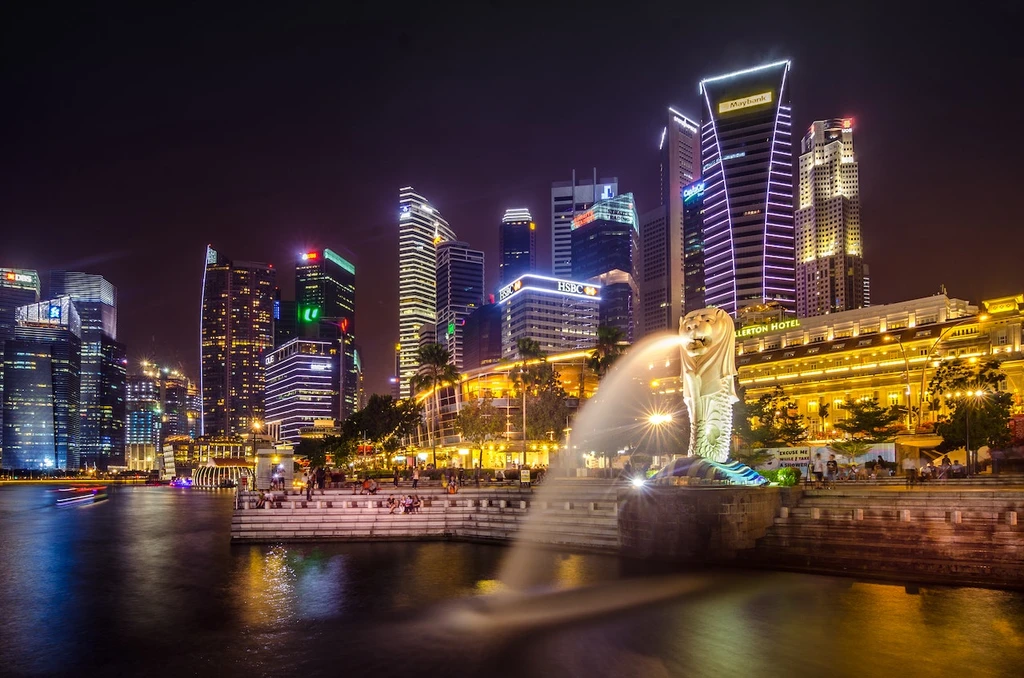
“Thailand would need to adopt some elements of the Singapore approach and adapt them to the policy goals of Thailand,” Spectrum’s Gushin says.
Keeping the wrong people out
As Tracy sees it, the Thai version would include entrance restrictions “making sure that people who shouldn’t be at the casino are not at the casino… no functional junkets and AML [anti-money laundering] is aggressively enforced… [with] every kind of anti-corruption component that you can incorporate into the enabling legislation”.
Risk consultant Steve Vickers believes Thailand could produce regulations to accommodate US and Singapore operators, “but not soon”.
“If this is about just about legalisation, then this could be done fairly easily,” B Global Advisors managing partner Brendan Bussmann says. “If this is about attracting significant investment and adding to the tourism product, you’re going to have to look at doing this at a different scale because the environment is much more challenging than a Singapore.”
“Although I am confident Thailand will legalise and regulate gaming with the introduction of IRs, I am not convinced that the regulatory framework will be consistent with what the US operators require to avoid risking the loss of their US gaming licences,” Kaplan, heading the investment arm of Thailand hospitality operator Destination Group, says.
“In order for the government to approve such a strict regulatory compliance regime, too many vested interests would need to be aligned and on the same page, which I suspect will be a challenge.”
Enter the dragons
In that scenario, operators from less rigorously regulated jurisdictions with sufficient IR chops could fill the void. Such operators could include NagaCorp in Cambodia and Travellers and Bloomberry in the Philippines. None of them responded on the record to iGB inquiries regarding Thailand.
Thailand’s own developers have also created world class complexes with shopping, hotels, offices and entertainment. “For sure, most large Thai companies and land owners will throw their hat in the ring to participate in the [IR] bidding,” Kaplan says. “Most will seek a tie up with a gaming company.”
“A Thai real estate developer or mall operator could develop their own casino/integrated resort without partnering with an international casino operator,” Klebanow Consulting principal Andrew Klebanow notes.
“Adding a casino as another component [of a development] is not that complex a task. A Thai developer can assemble their own casino operating team to design and operate a casino as part of a larger integrated resort.” Macau’s Galaxy is that model’s leading Asian example.
Momentum to deadlock
Casino legalisation gained momentum under Thailand’s previous government. Parliamentary elections in May produced a 100-day deadlock. This extended the nearly continuous political turmoil since the 2006 coup ousting then-prime minister Thaksin Shinawatra. Shinawatra, whose government supported casino development, ended 15 years of self-imposed exile on 22 August. This was just in time to see his successors lead a new coalition government including military factions that ousted him (and his sister Yingluck in 2014).
The new government excludes Move Forward, which won the most seats in May. Progressive Move Forward’s bid to govern was scuttled by the military appointed senate holding effective veto power. That outcome, plus efforts to ban Move Forward’s leader from politics and disband the party, could revive street demonstrations. These previously ranged from festive occupations of central Bangkok to bloody clashes with government forces.
“We have to contemplate what we try to do and have done in other jurisdictions to make sure that our agreement with the government can stand up to a swing of the political pendulum,” Hard Rock’s Tracy says.
“Public protests in opposition to the current government and a plan to stimulate tourism are not mutually exclusive,” Klebanow, previously based in Bangkok, says. “During the 2014 protests and subsequent intervention by the military, commerce continued to prosper. Malls and hotels were built and normal life resumed once the barricades were removed from major intersections.”
Knowledgeable sources requesting anonymity suggest post-election wrangling underscores the difficulty reaching agreement on nearly any issue in polarised Thailand. This threatens to imperil any timetable.
Turning Japanese?
Delays raise the spectre of Japan. That country, like Thailand, teased casino legalisation for decades amid widespread enthusiasm from gaming’s brightest stars. Japan’s ultimately successful legalisation process began in 2013 with final legislative approval in 2018 and licence bids submitted in 2022.
The odyssey killed enthusiasm and galvanised public opposition, in the end leaving two jurisdictions vying for three available licences and only one bid accepted to date. This is the MGM-Orix IR in Osaka which is projected to open in 2030.
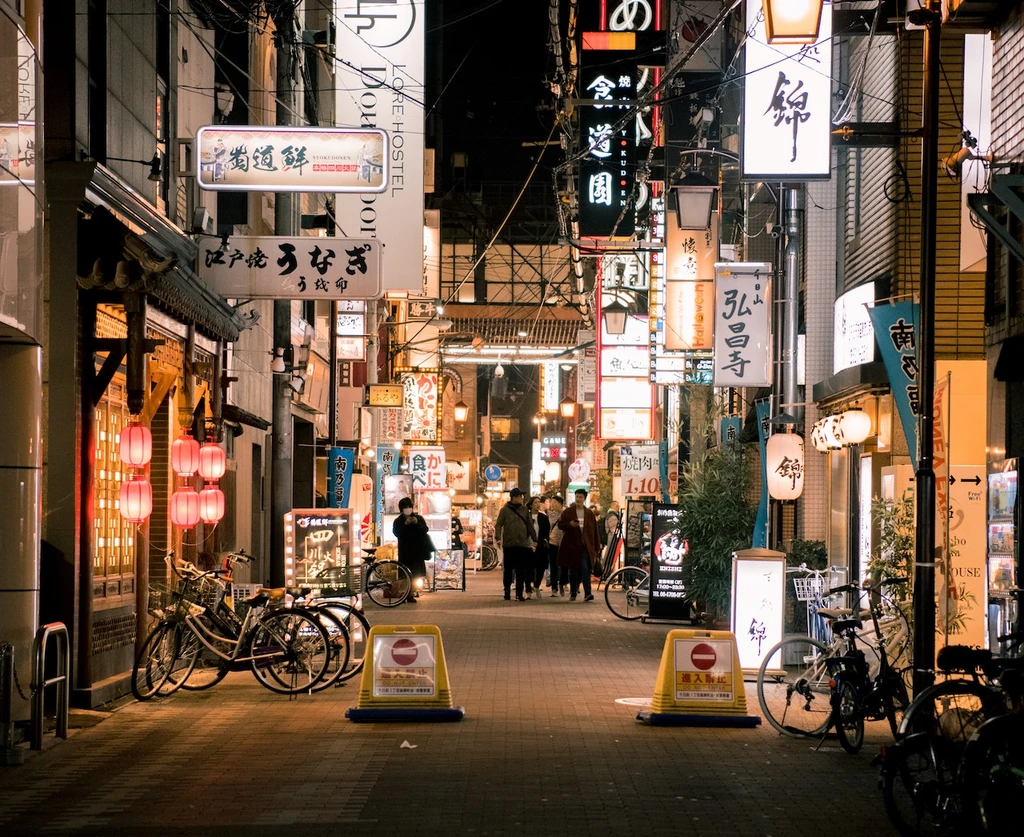
“We definitely will not, in my opinion, see another Japan scenario,” McCamley says. The former president of Vietnam’s Grand Ho Tram pegs initial investment in Thai IRs at US$800m.
Klebanow believes Thailand can complete legalisation and selection of IR developers within 36 months. Others suggest lawmakers may not have more than 36 months to act before political winds shift.
For Asia’s junket promoters, Thailand could provide a fresh lifeline with Macau no longer accommodating. “In the end, it’s a matter of: can you allow for a structure that includes the major players to not have impact in Macau or other markets?” Bussmann says.
“Recent reforms and crackdowns in China have made reliance on junkets and the underground banking system high risk,” Gushin observes. “Thailand can be successful without high reliance on junket play but with limited reliance on VIP play controlled by the casino operators.”
Whatever form “it” takes, there’s a consensus that Thai casinos can prosper.
______________________________________________
Gone to Pot
In June 2022, Thailand became Southeast Asia’s first nation to decriminalise cannabis, proving the authorities can take bold steps. For casino legalisation efforts, there are lessons to be learned from cannabis outcomes – outcomes largely in the eye of the beholder.
“Legalisation of marijuana illustrates a shift in public opinion and social conservative values to be more open and progressive,” Destination Capital CEO James Kaplan in Bangkok says. “It also represents an example of public policy to tax what was once illegal.”
Thailand officially insists it only permits “medicinal and economic” use of cannabis while recreational use remains illegal. That assertion flies in the face of pot stores sprouting like weeds, selling varieties described by their highs without a white coat in sight.
Public marijuana consumption beyond authorised sale sites remains illegal, yet smoking is reportedly widespread around Bangkok’s pot trucks. Specified taxation is solely a 3,000 Thai baht (US$86) licence fee plus a 20 baht application fee.
“There is a lot of fine tuning to do,” Kaplan observes. “Refinements are expected once a new government is in place. Same for gaming.”
Not yet Amsterdam of the East
“Thais are not flocking to the marijuana shops; most if not all have limited daily business and it certainly has not become the Amsterdam of the East as some predicted,” gaming consultant Shaun McCamley says from Bangkok, once his base.
“Ultimately, they passed regulations that best met the needs of government, its citizens, and the tourism industry,” C3 Consulting senior partner Andrew Klebanow says. “I expect they will take the same approach to the legalisation of casinos.”
That could mean stating lofty goals that legislation, regulation and enforcement fail to uphold, caving to economic interests without mitigating social consequences.
“People feel that the government reacted too quickly to legalising cannabis without a lot of forethought,” a source long-experienced in Thailand requesting anonymity says. “Therefore, if casinos pass, I think the process will be more transparent and better organised.” Or not.
______________________________________________
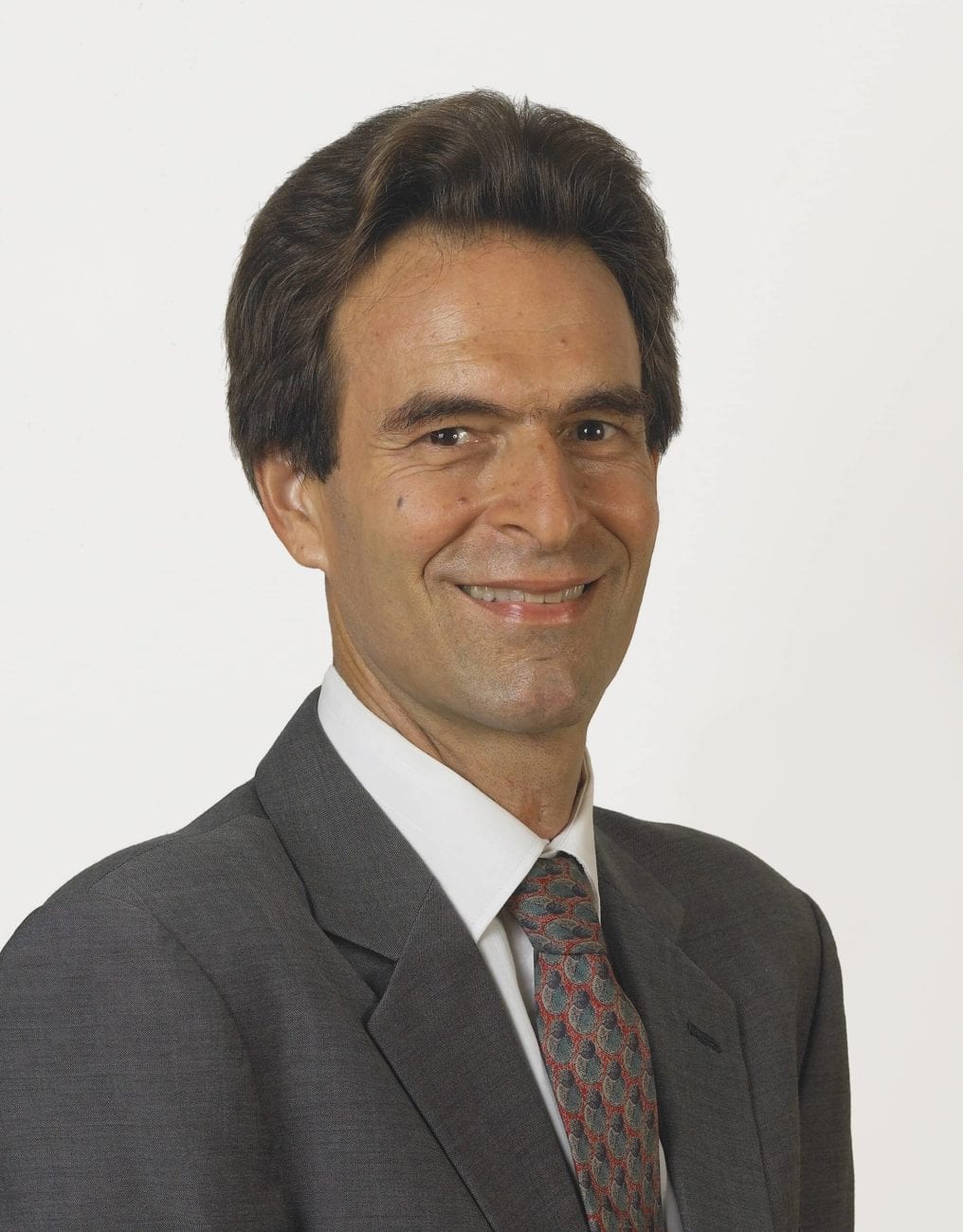
Former US diplomat and current iGB Asia editor at large Muhammad Cohen has covered the casino business in Asia since 2006, most recently for Forbes, and wrote Hong Kong On Air, a novel set during the 1997 handover about TV news, love, betrayal, high finance and cheap lingerie.
Original article: https://igamingbusiness.com/legal-compliance/regulation/thailand-casino-landscape-forming-as-details-remain-fuzzy/









